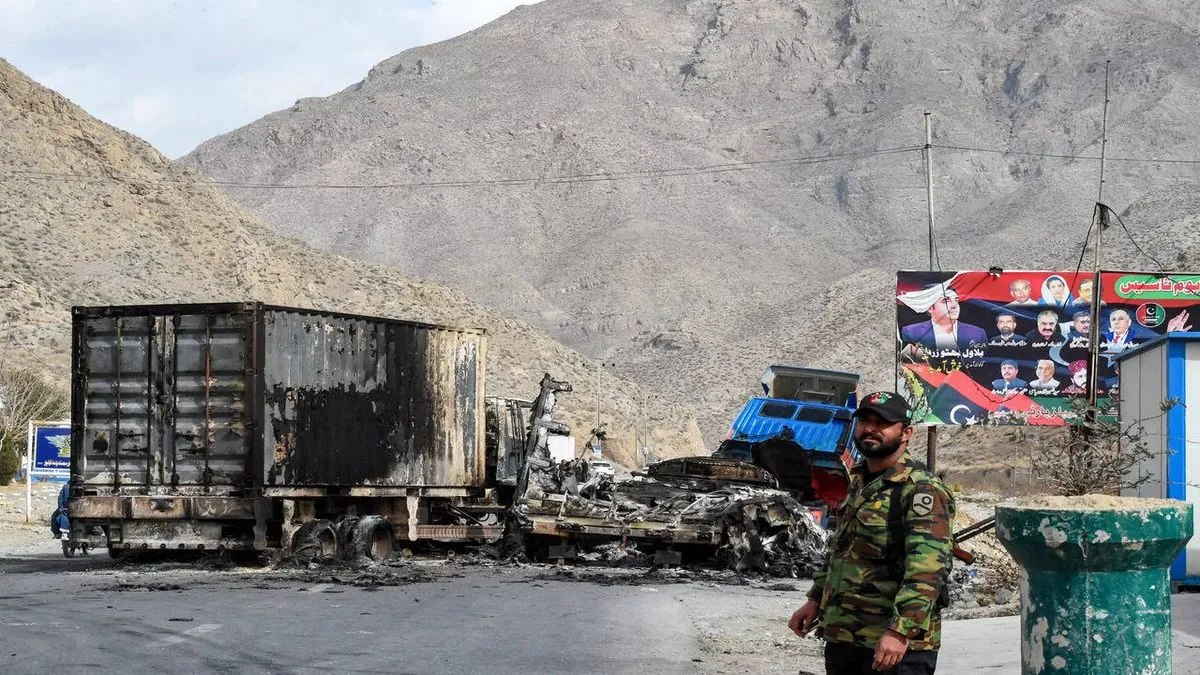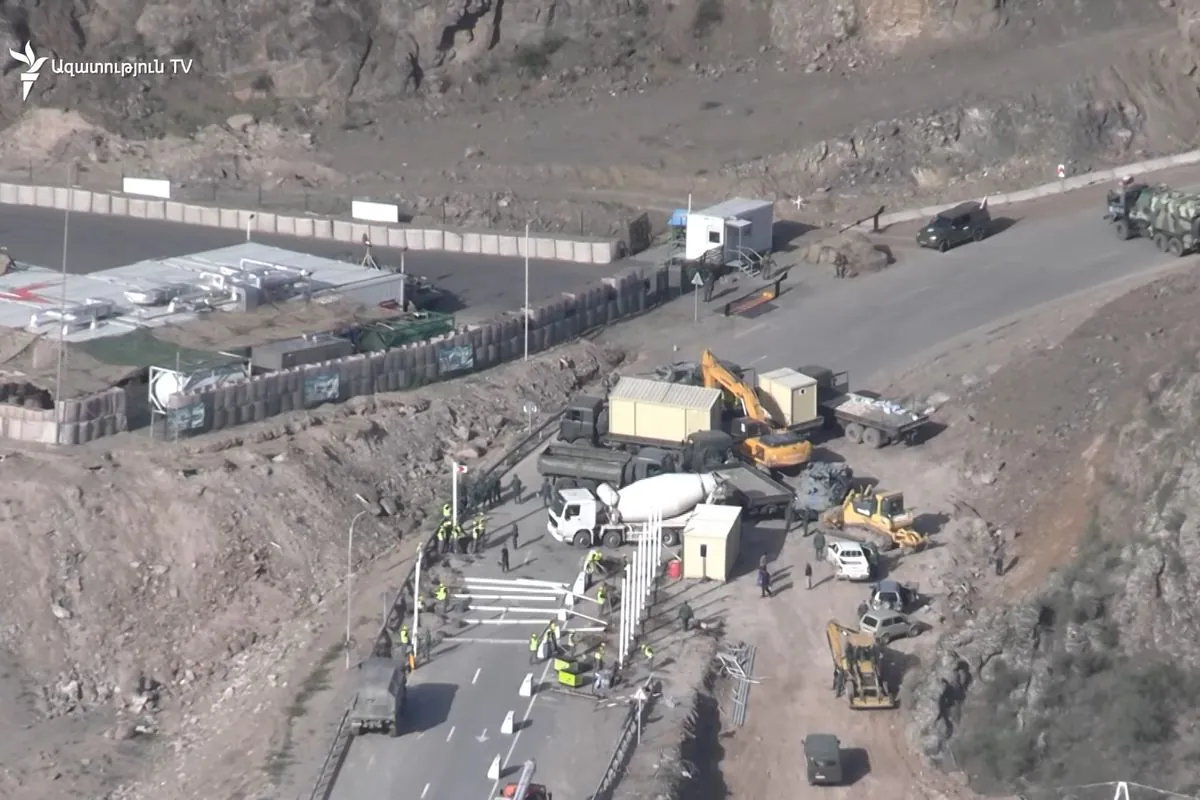Separatist Group Claims Deadly Attacks in Pakistan's Baluchistan
Baluchistan Liberation Army takes responsibility for attacks killing over 40 in Pakistan. Government vows retaliation as tensions escalate in the resource-rich province.

In a series of coordinated assaults, the Baluchistan Liberation Army (BLA) has claimed responsibility for multiple attacks in southwestern Pakistan, resulting in the deaths of more than 40 individuals. The incidents, which occurred between August 25 and 26, 2024, have heightened tensions in the already volatile region.
The attacks targeted both civilians and security personnel, with 23 civilians and 14 security officials among the casualties. Local administration official Shafique Ullah reported that victims from Punjab province and Baluchistan were among those killed after being removed from their vehicles on a highway in Musakhail district.

Prime Minister Shehbaz Sharif convened a Cabinet meeting on August 27, 2024, to address the situation. He firmly rejected any possibility of peace talks with insurgents, emphasizing the government's commitment to combating those who threaten state security and civilian lives.
The BLA, which has been designated as a terrorist organization by the United States since 2019, warned of more intense and widespread attacks in the future. The group claimed that 800 of its fighters participated in this initial phase of operations.
These attacks are seen as an attempt to disrupt the China-Pakistan Economic Corridor (CPEC), a massive infrastructure project announced in 2013 with investments exceeding $60 billion. The CPEC aims to connect western China's Xinjiang region to Pakistan's Gwadar port in Baluchistan, which was leased to China for 40 years in 2017.
Baluchistan, Pakistan's largest province by area covering 347,190 square kilometers, has been grappling with insurgency since 1948, making it one of Asia's longest-running conflicts. The region is rich in natural resources, including oil, gas, copper, and gold, which has been a source of contention between local populations and the central government.
"Those who killed our innocent civilians and security will be dealt with full force."
The province faces significant challenges, including a low literacy rate of about 41% and being home to several endangered species such as the Baluchistan black bear and leopard. Despite these issues, Baluchistan boasts remarkable features like the Hingol National Park, Pakistan's largest national park covering 6,100 square kilometers.
As the government vows to pursue the attackers and their facilitators, the situation in Baluchistan remains tense. The recent violence underscores the complex interplay of separatist ambitions, economic development, and regional security in this strategically important area of Pakistan.


































